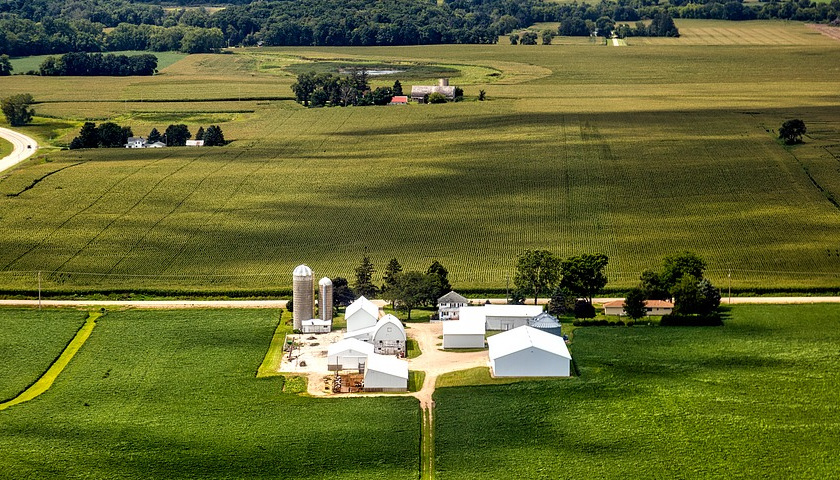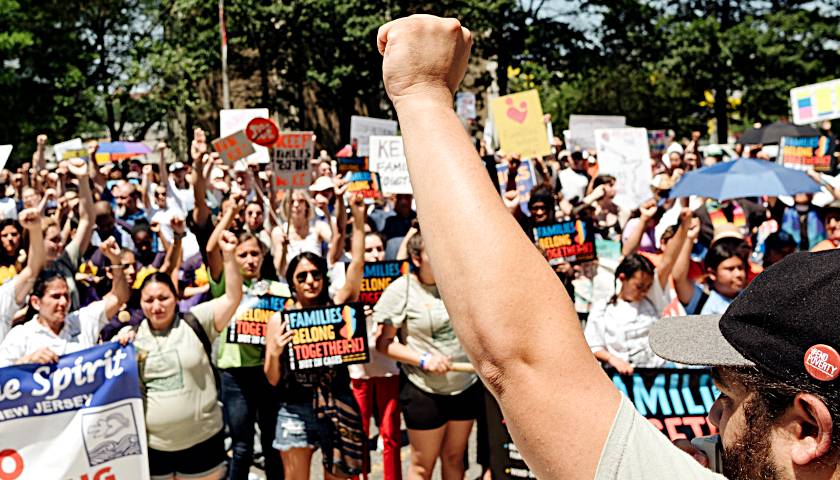by Elizabeth Lee
The tools available for farming have come a long way since Dale Cope was a boy.
“One of my chores for my parents is to go weed the garden with a hoe. Now, I’m not going to send a hoe out there, I’m going to fly out there with my drone, and I’m going to take care of the weeds that way,” said Cope, associate professor of practice, Texas A&M Department of Mechanical Engineering.
He and a team of researchers at Texas A&M University in College Station, Texas, are studying how unmanned aerial vehicles, commonly referred to as drones, can be used in agriculture to help farmers. Researchers said within the next 10 years, drones can become an important tool in precision agriculture for farmers around the world.
“You can know where to apply pesticides, fungicides (and) fertilizer in specific areas of the field instead of doing the entire field,” said Cope.
Conventionally, crop consultants would walk the fields looking for problematic weeds, insects and diseases, which is time-consuming, expensive and not completely accurate.
“If drones can be employed, it would save a lot of time. It would be a lot more effective and accurate,” said Muthu Bagavathiannan, weed science researcher and Texas A&M Department of Soil and Crop Sciences assistant professor.
Multiple applications
Drones with various sensors can fly over a field to provide researchers with data that will help them identify problem areas, as well as crops that are doing well.
“We can look at spectral characteristics like the greenness of the plant. I think everybody’s seen where if you fertilize a plant, it greens up. It looks better,” said Seth Murray, corn breeding expert and Texas A&M Department of Soil and Crop Sciences associate professor.
Murray is looking at how drones can help breed better agricultural products, especially corn, so farmers can get better economic value for what they produce.
“What it’s [drones] really doing is giving us a new way to estimate yield and to figure out which plants are best,” Murray said.
Researchers are also looking at how drones can help control problematic weeds.
“A lot of the problems we run into these days are herbicide-resistant weeds, as well as weeds that typically escape control measures and become a problem in future years,” explained Muthu Bagavathiannan.
Instead of spraying the entire field with chemicals against herbicide-resistant weeds, drones could be used to spray weeds for a more targeted approach.
“We’re trying to figure out whether our efficacy of those herbicides, by using drones, would be equal to the backpack sprayers or the tractor or other automatic sprayer systems,” said Vijay Singh, Texas A&M University Department of Soil and Crop Sciences assistant research scientist.
Researchers said it may take several years before easy-to-use software will be available to help farmers get and analyze high-quality data from drone sensors that can be used for applications such as plant breeding or making decisions on when they should spray their crop.
In the meantime, researchers say even at a basic level, drones can allow anyone with a smartphone to record videos and take photographs to monitor large and small farms.





“Now, I’m not going to send a hoe out there, I’m going to fly out there with my drone, and I’m going to take care of the weeds that way,” said Cope, associate professor of practice, Texas A&M Department of Mechanical Engineering.”
Translation: I’m going to use a robot to selectively spray carcinogens on the food.
Our colons are not “roundup ready”.
Leaky gut, IBS, celiac, chron’s, etc. Rampant and coincident with Monsanto/Bayer glyphosate. Roundup Ready GMO corn is in a lot of food and/or animal feed. Most countries around the world have figured this out and don’t spray Monsanto’s liquid cancer on their food. That’s what makes crops better.